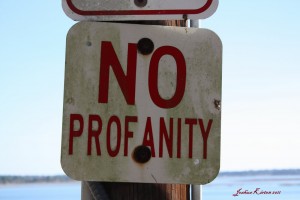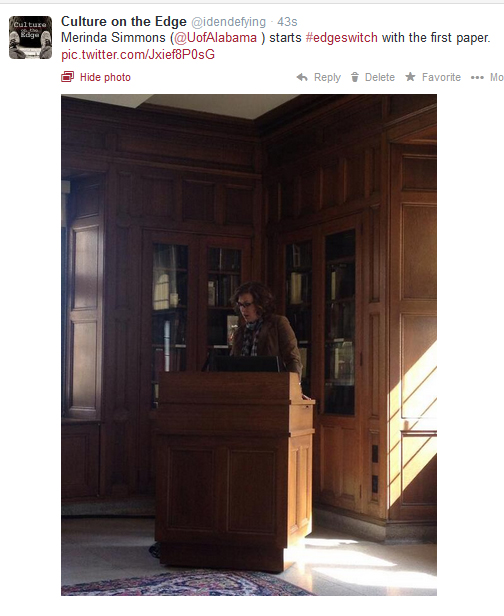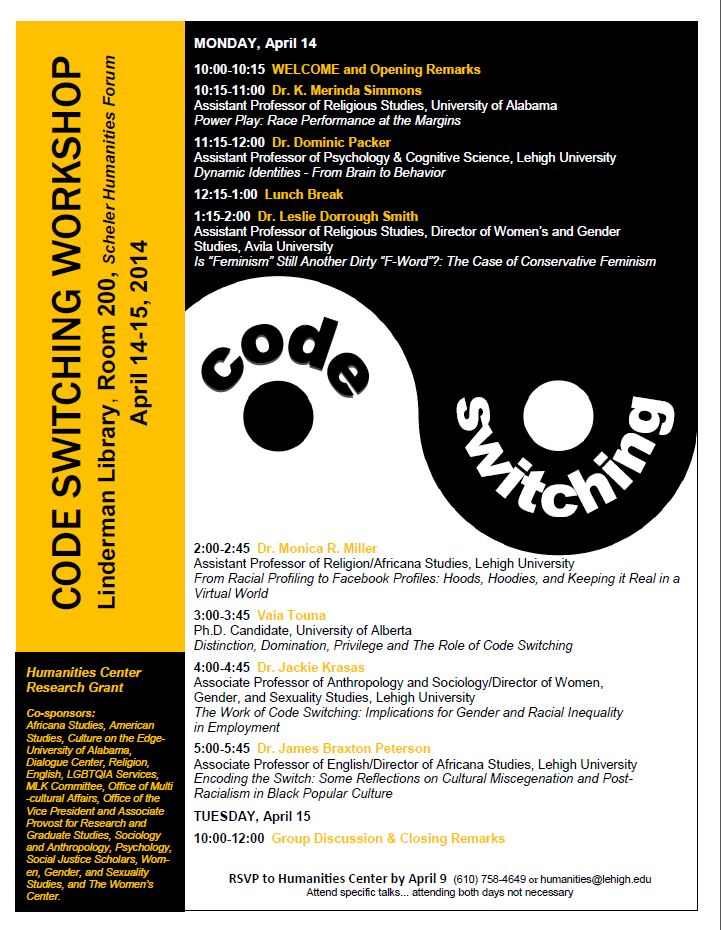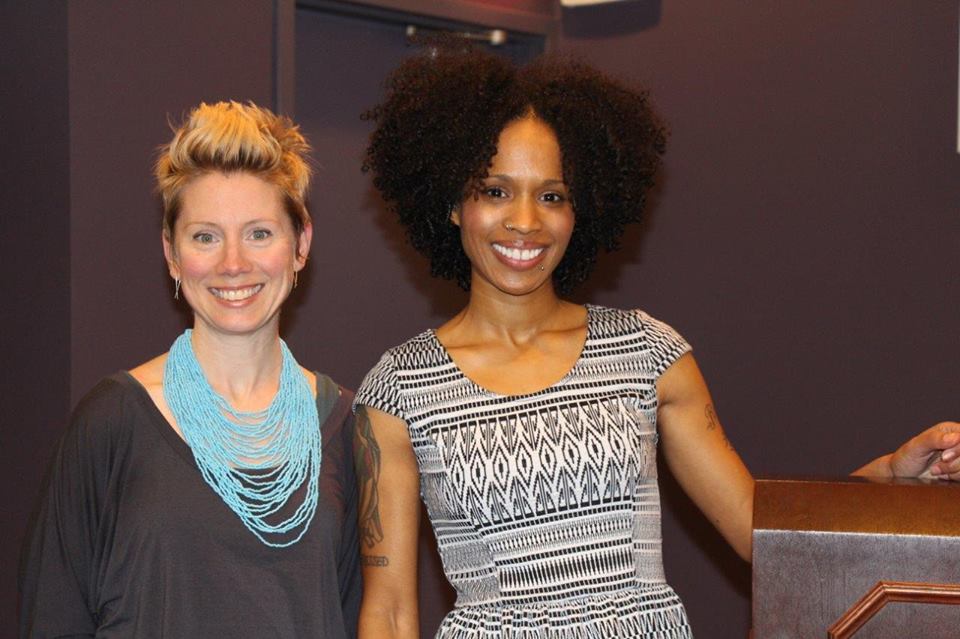 Photo credit: africasacountry.com
Photo credit: africasacountry.com
“Your Turn” is a new, ongoing feature at Culture on the Edge,in which we just plant the seed by picking a ripe e.g. and then soliciting and responding to your analysis.
Many of you are likely aware of the brouhaha surrounding American conservative firebrand Ann Coulter, who in the past few days has claimed not only that soccer isn’t a serious sport, but that the World Cup craze is an inherently un-American activity. You can see Coulter’s specific discussion on her website here and here.
Knowing Coulter’s penchant for highly inflammatory comments, it’s tempting to dismiss her statements as nothing but an attention-seeking gimmick. But for those of us interested in the dynamics of identity formation, we can find some very interesting data embedded in Coulter’s statements.
What do you see there? How does Coulter’s argument operate?
It’s your turn.



 Photo credit: stoptalk.wordpress.com
Photo credit: stoptalk.wordpress.com
 Live Tweets at
Live Tweets at  More than two decades after its release, I doubt that there are few in the movie-watching public who haven’t heard of Schindler’s List (1993), that now-famous film directed by Steven Spielberg that confronted audiences with what was marketed as the Holocaust in cinematic form. In the film, Oskar Schindler is a Nazi businessman whose already tenuous allegiance to the Third Reich weakens as his compassion and humanization of the Jews around him grows. The plot line revolves around the story of Schindler’s efforts to save as many Jews from death as possible, a feat accomplished when Schindler compiles a list of Jews whose survival (as his employees) he links to the health of his business.
More than two decades after its release, I doubt that there are few in the movie-watching public who haven’t heard of Schindler’s List (1993), that now-famous film directed by Steven Spielberg that confronted audiences with what was marketed as the Holocaust in cinematic form. In the film, Oskar Schindler is a Nazi businessman whose already tenuous allegiance to the Third Reich weakens as his compassion and humanization of the Jews around him grows. The plot line revolves around the story of Schindler’s efforts to save as many Jews from death as possible, a feat accomplished when Schindler compiles a list of Jews whose survival (as his employees) he links to the health of his business. 
 The latest
The latest 